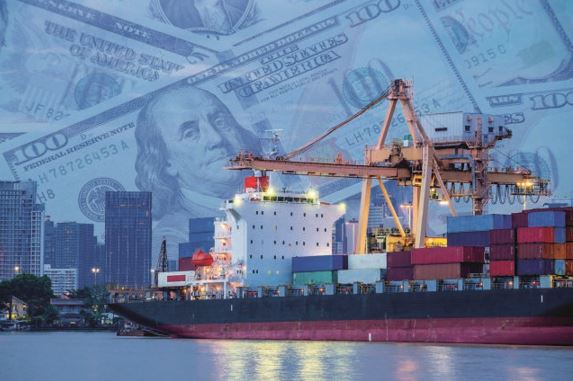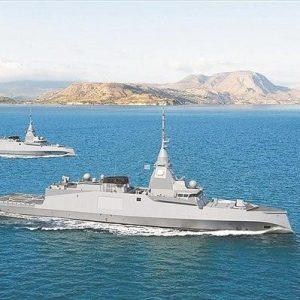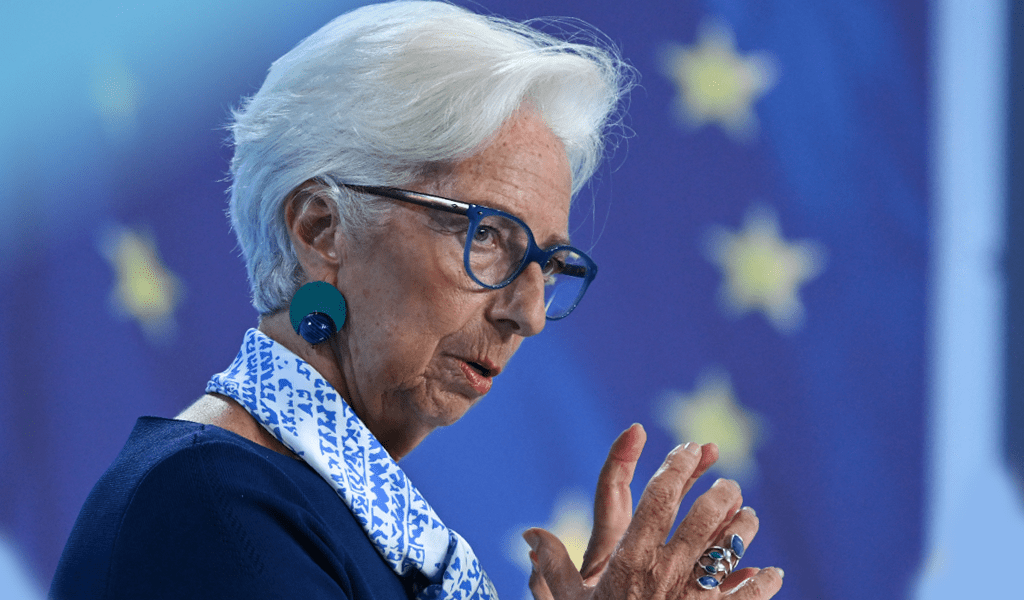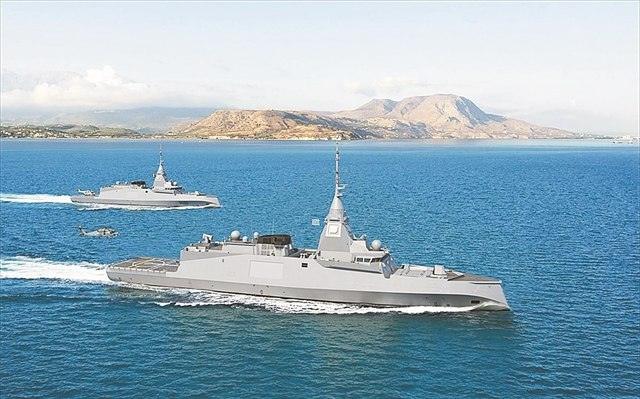The year of 2021 started with the COVID-19 pandemic and the imposition of lockdowns in Europe and globally. However, shipping is a sector that survived the uncertainty. As vaccination campaigns were launched in Europe, shipowners faced new challenges in ensuring the mobility and free movement of seafarers as well as their recognition as key workers. Shipowners across Europe have worked tirelessly with port authorities, national governments and health authorities to ensure that their crews have access to vaccination. At both EU and Member State level, shipowners have argued that seafarers should be given priority in national vaccination strategies and have sought to ensure that the specificities of the seafaring profession are recognised by the authorities, for example when issuing vaccination certificates.
As Europe reopened and the summer travel seasonresumed, the rapid development and deployment of the EU’s COVID digital certificate may have been successful, but it had to come up against some operational challenges. Consistent implementation in all Member States to facilitate passengers (including maritime transport) has become a priority.
The ongoing pandemic has not hampered the European Commission’s ambitions to implement the Green Agenda in response to the challenge of climate change. In 2021, the ambitious EU climate package “fit for 55’”was published, which aims to implement a comprehensive strategy to tackle emissions. Among other things, new transport and energy policies aimed at achieving a reduction in greenhouse gas emissions of at least 55%, by 2030. Two main proposals concern the shipping sector in particular: the inclusion of shipping in the EU Emissions Trading Scheme (ETS) and the FuelEU Maritime initiative, which aims to promote the development and uptake of sustainable maritime fuels.
The European shipowners have worked closely with European institutions to help shape the proposed legislation in order to ensure the competitiveness of European shipping, in particular, and its gradual independence from fossil fuels. The ECSA welcomed the ambitious goals of the «fit for 55» package, recognising that the climate crisis is one of the biggest economic and environmental challenges our societies are facing. However, European shipowners have criticised the lack of coherence between certain proposals. In addition, the ECSA published, in cooperation with the International Chamber of Shipping (ICS), a study highlighting the weaknesses of the FuelEU Maritime initiative, as well as its main positions and proposals. A clear priority for European shipowners has always been the shared responsibility between shipping companies and fuel suppliers, who should be held responsible for the availability and the quality of cleaner fuels. In addition, the ECSA launched an open debate on the ETS proposal, six months before its publication, by organising a webinar with participants from across the industry, the European Commission, MEPs and NGOs. On the occasion of this public event, it published the main policy points setting the industry’s priorities and conditions in order to ensure its competitiveness.
The ECSA has set out its clear priorities for the ETS proposal: the creation of a dedicated maritime fund to earmark revenue for research and innovation funding for the development of alternative sustainable fuels and technologies, and the bridging of the cost gap between alternative green fuels and conventional ones. European shipowners have also made it a high priority to pass on the costs of the ETS to charterers on the basis of the “polluter pays” principle.
In order to achieve decarbonisation, we should also consider the need to finance the sector. Shipping is currently trying to achieve its independence from fossil fuels and, in order to reach its final goal, we must ensure a combination of funding with the contribution of European and national funds. This will allow us to achieve the objectives in both the short- and medium-term, while supporting research and the development of new technologies for the future. It is common knowledge, however, that innovative zero-emission technologies of all kinds are under development and are not economically viable, nor are they applicable, as there is neither integrated supply chain nor the appropriate infrastructure. European shipowners shall cooperate with regulatory authorities and all relevant stakeholders to ensure support for research and innovation. But beyond the will of shipowners, political decisions need to invest in production, marketing and market uptake of new technologies.
Environmental sustainability goes hand-in-hand with social sustainability. The ECSA’s work on labour market integration and training of seafarers continued through its cooperation as a social partner with the European Transport Workers’ Federation (ETF). The whole effort has been integrated into EU-funded programmes such as SkillSea (Future Proof Skills for the Maritime Transport Sector) and WESS (Contributing to an attractive, smart and sustainable working environment in the maritime sector), where the ECSA has a primary and decisive role.
Another important issue international shipping is facing is the safety of seafarers. Piracy remains high on the agenda. The ECSA has actively supported the European External Action Service (EEAS) in the development of the EU Coordinated Maritime Presence in the Gulf of Guinea and has maintained regular contacts with the EU NAVFOR ATALANTA mission in the Gulf of Aden.
In conclusion, uncertainty remains high, both in Europe and globally. The European maritime industry is trying to become more resilient and competitive. This is the key to achieving the European objective of tackling the climate crisis and achieving the energy transition. An innovative, efficient, competitive and green shipping that will contribute decisively to the competitiveness of the European economy, to the prosperity of the European citizens, but also to the strategic autonomy of the European Union.

Mr Philippos Philis is the President of ECSA







































